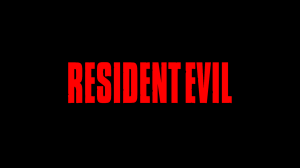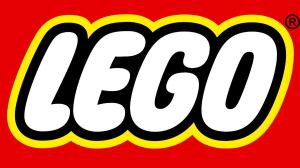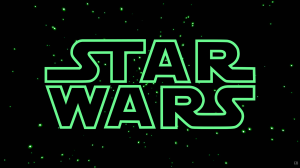A common complaint among WWE fans is the overabundance of pay-per-view events in 2016. The WWE added 5 more events to its calendar this year in order to accomodate its brand split and give both RAW and Smackdown a PPV event per month. While the WWE hoped the additional events would draw subscribers to the WWE Network, stuffing the calendar with more events has only fatigued fans who already couldn’t keep up with 5-6 hours of live events per week.
Videos by ComicBook.com
The PPVs have also allegedly affected attendance figures, which in turn hurts the WWE’s bottom line. Dave Meltzer of the Wrestling Observer Newsletter reported that interest seemed down for several secondary events this year, leading to mass ticket giveaways to fill the stands and lower Google search rankings, an indicator of the WWE’s relative popularity that night. Many critics have also complained that the non-marquee events feel more like special episodes of RAW or Smackdown rather than a real event.
It’s clear that the WWE needs to scale back on PPVs, and last night’s episode of Smackdown Live! showed a potential solution to their PPV problem. The WWE capped off its year with a special episode of Smackdown Live! branded as the “Wild Card Finals”. Wild Card had it all: three title matches, a surprise title change, the return of a WWE star, and setting up several big matches for 2017. Even though it still aired on Tuesday during its normal 8 PM timeslot, Wild Card felt bigger than a normal episode of Smackdown, thanks in part to the special branding and a wild crowd in Chicago.

At the same time, it wasn’t quite a PPV either, as the card featured mostly midcard wrestlers. Instead of using big name talent like Nikki Bella or Dean Ambrose, Wild Card gave wrestlers like Baron Corbin and American Alpha time to shine. If this were a regular PPV, a wrestler like Corbin would have ended up on the pre-show, but since Wild Card was just an episode of Smackdown, he got a chance to show why he’s capable of main event work in the future.
The WWE should look into hosting more “mini-events” like Wild Card in 2017 instead of watering down their PPV product by holding two events per month. For all extents and purposes, Wild Card provided the exact same services as a secondary PPV event: it gave viewers an extra reason to tune in, while setting up even bigger storylines that will play out at the Royal Rumble next month. It was the perfect middle ground: not quite a PPV but more important than a normal episode of Smackdown….which is precisely how fans have felt about non-marquee PPV events for months.
Holding quasi-events on TV isn’t exactly a new concept for the WWE. The RAW after Wrestlemania and Summerslam are traditionally “can’t miss” episodes, featuring surprise returns and title changes not usually seen on TV. The WWE has conditioned fans into thinking these episodes are more important than usual, which results in rating spikes and sold out crowds. Now imagine if the WWE could duplicate that effect four or five more times a year. More true sell-outs, more ratings spikes, and more opportunities to bring in new fans by doing something special on television. Plus, these special episode could also be an extra arrow in the WWE’s quiver when they go to renegotiate their TV deal in 2019.
Other promotions have also found ways to turn network TV into big moneymakers. UFC, for instance, struck gold this month with a stacked “UFC on Fox” card that featured budding stars Paige Van Zant, Mickey Gall, and Sage Northcutt and the retirement of UFC legend Urijah Faber. As millions watched Fox’s UFC program, the MMA promotion heavily advertised its upcoming UFC 207 PPV, which features an even bigger card headlined by the return of Ronda Rousey. UFC on Fox served as the gateway for UFC to make even more money via increased PPV buys….and they did it simply by investing talent into a show they were already committed to airing.
By scaling back on PPVs and adding more mini-events like Wild Card, the WWE can solve several problems at once. It can restore the luster of its Sunday events, bring more eyeballs to its weekly TV shows, and keep fans from feeling fatigued. Pick out a few venues with traditionally hot crowds, throw in a surprise title change or return, put some lesser wrestlers in the spotlight and tease even bigger matches. It sounds like an easy formula for success, or at least an experiment worth exploring.









